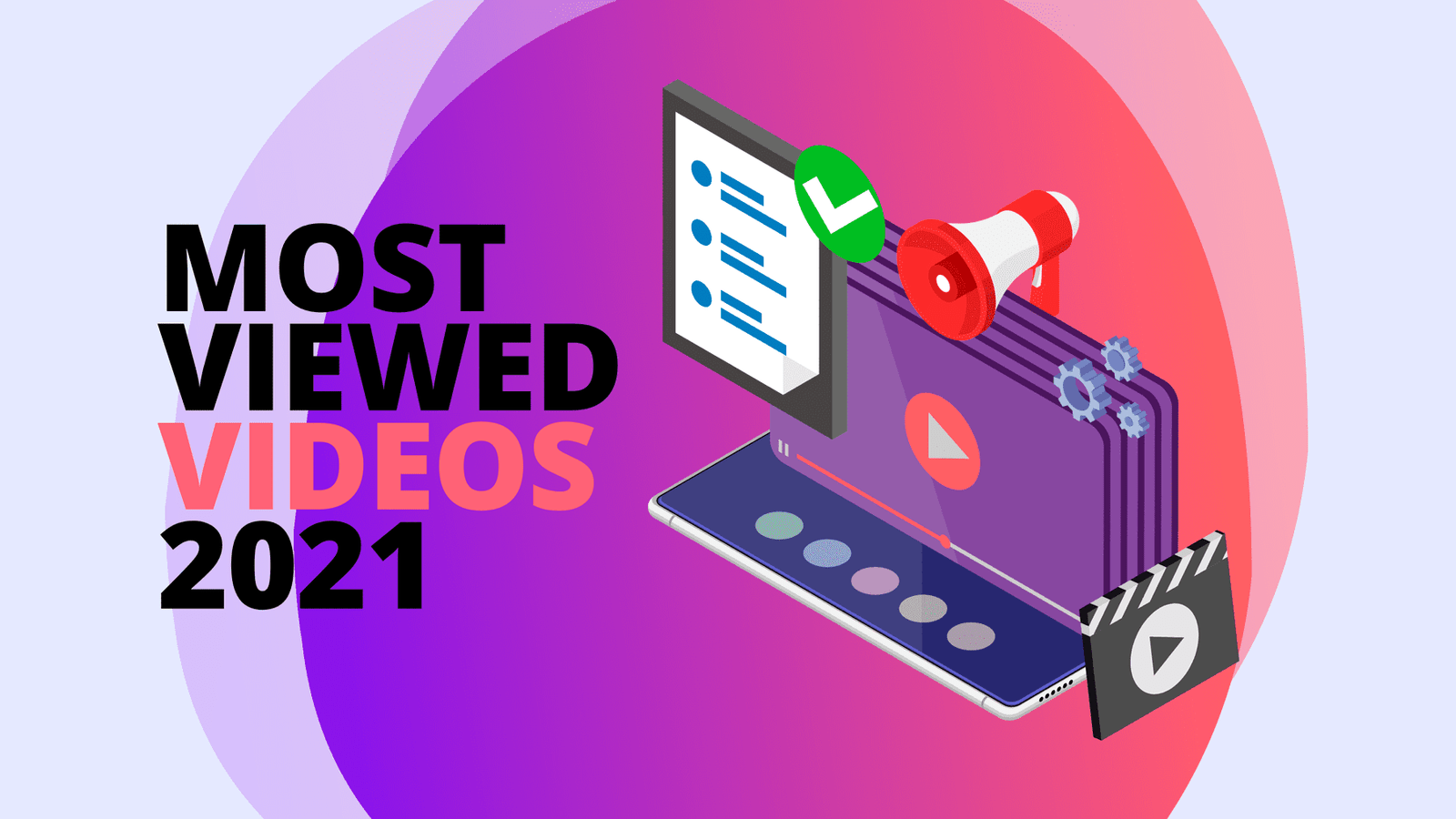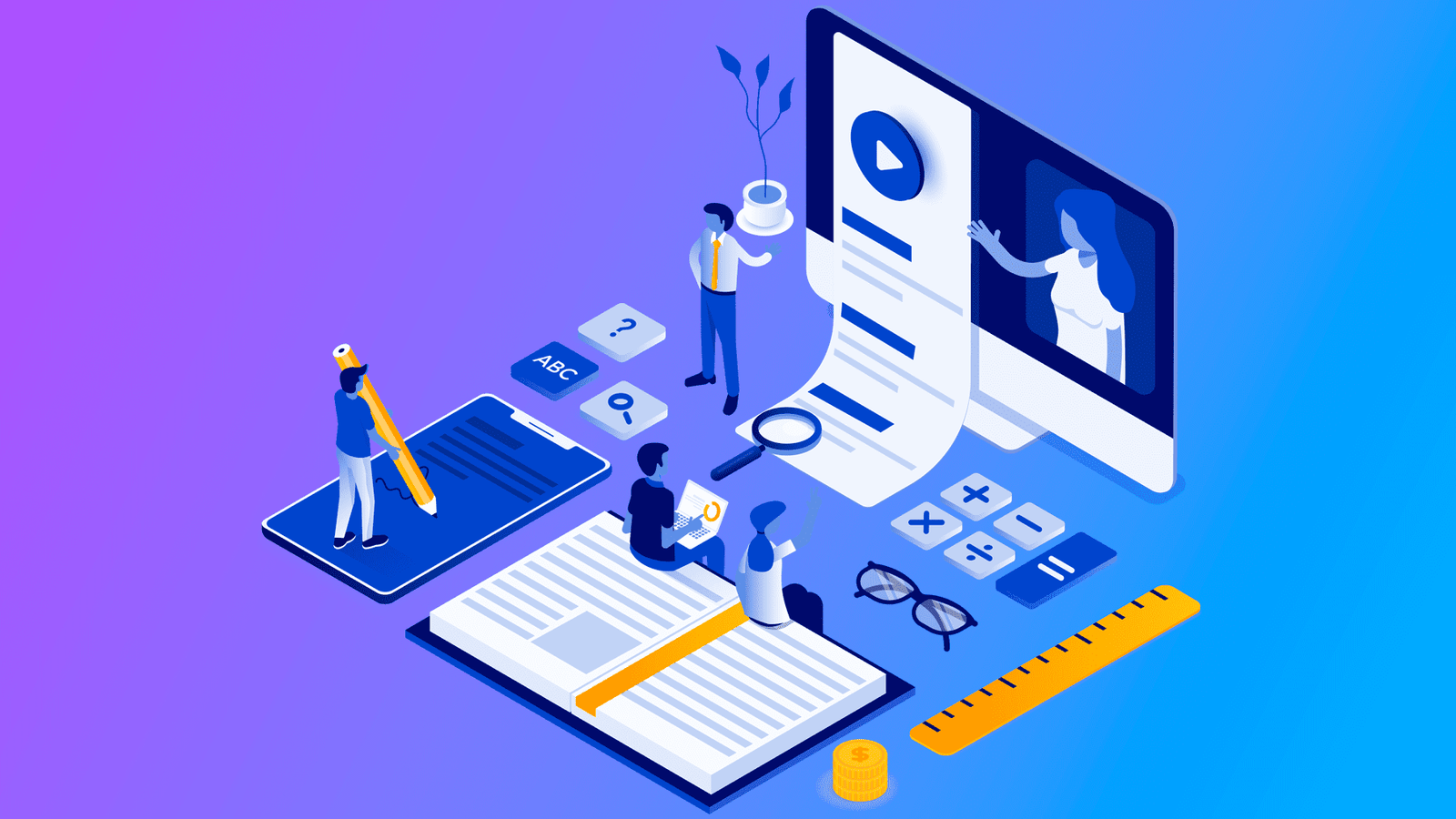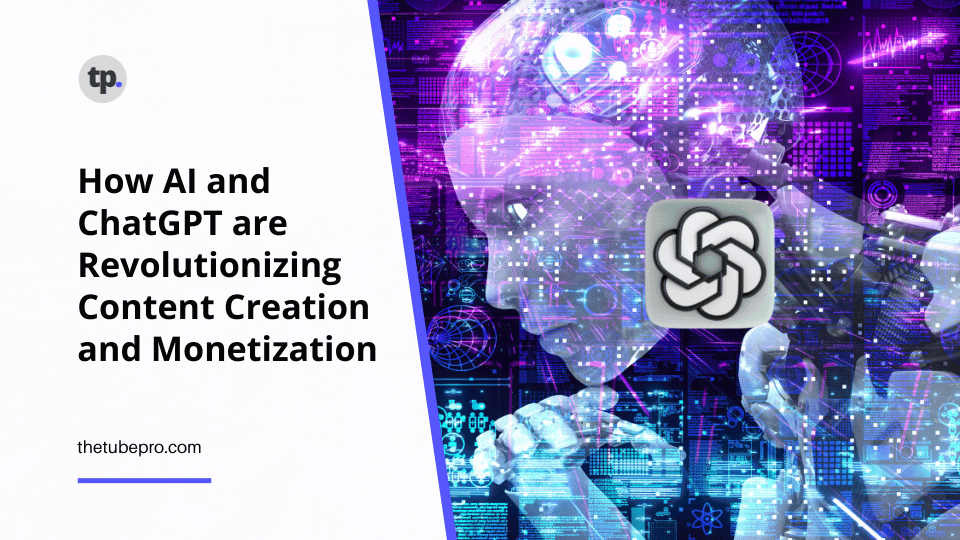Artificial Intelligence (AI) has rapidly advanced in recent years, and its potential impact on the job market has become a topic of concern.

Many experts predict that AI will replace certain jobs, particularly in white-collar professions.
In this article, we will explore the jobs that are most likely to be replaced by AI in 2023 and discuss how workers can adapt to this changing landscape.
The Rise of Generative AI
Generative AI, a form of artificial intelligence that can create text or other content in response to user prompts, has gained significant popularity.
One of the most notable examples of generative AI is ChatGPT, developed by OpenAI. Since its release in November 2022, ChatGPT has been utilized for various tasks, including writing cover letters, generating code, and even creating children’s books.
The capabilities of AI have expanded even further with the introduction of Google’s Bard, a competitor to ChatGPT.
These powerful AI tools have raised concerns about the potential impact on the job market, particularly for white-collar workers.
Jobs at Risk
While AI is not capable of fully replacing humans yet, certain jobs are more vulnerable to automation.
Lower-skilled workers in entry-level positions are likely to be the most impacted, regardless of their field of work.
Mundane and repetitive tasks, such as data entry and background research, can be performed more efficiently and cost-effectively by AI.
However, it’s important to note that not all professions will be equally affected. Skilled trades and manual workers, like plumbers and electricians, are currently less susceptible to AI disruption.
Nevertheless, as robotics research advances, even these fields may face significant changes in the future.
Let’s delve into specific job categories and explore how AI is expected to impact them in 2023.
Coders/Programmers
The role of coders and programmers has been a subject of concern with the emergence of AI.
Large language models like ChatGPT have demonstrated the ability to write programs by being trained on vast repositories of code.
This has led to fears that AI could replace a significant number of programmers.
However, experts believe that programmers who can adapt to AI technology will likely remain in demand.
In fact, a coder equipped with AI tools like ChatGPT can be up to twice as productive. This increased efficiency may lead to a decrease in the number of programmers required, but it could also drive up the demand for programming services due to lower costs.
Writers
Writers of various disciplines, including content writers, advertising professionals, and journalists, may also feel the impact of AI.
Generative AI tools like ChatGPT have demonstrated the ability to generate ideas and produce large amounts of text quickly.
Despite these advancements, human writers are unlikely to be completely replaced by AI.
The expertise of trained journalists in fact-checking, verifying facts, and crafting compelling narratives is still invaluable.
However, studies have shown that AI can make writing tasks around 60% more efficient. This efficiency gain may result in a reduced need for as many writers in the future.
Finance Professionals
Another area that is expected to have a significant impact led by AI is the finance industry.
Jobs such as financial advisors, accountants, and traders may see automation in routine tasks like market research, tax preparation, and trend analysis.
While certain aspects of finance-related work can be handled by AI, the strategic thinking and decision-making skills of finance professionals will still be crucial.
Accountants, for example, will still be needed to organize tax strategies, although AI may handle bookkeeping and other repetitive tasks typically performed by lower-skilled employees.
Legal Workers
The legal profession is not immune to the potential disruption caused by AI. Tasks that require extensive manual research, such as reviewing hundreds of pages of legal documents, can now be accomplished in minutes by AI tools like ChatGPT.
However, the role of lawyers in interpreting and presenting information in a compelling manner is still essential.
While AI can assist in summarizing legal research, trained legal professionals are required to make sense of the information and present it effectively.
This means that law clerks and other legal support staff who primarily handle repetitive tasks may see their roles impacted by AI.
Researchers
The field of research is also experiencing the impact of AI. Self-running laboratories and AI programs are being developed to automate scientific processes, perform experiments, and generate research papers.
This has raised concerns among lab workers about potential job losses.
AI is capable of analyzing data, formulating hypotheses, and even writing research papers.
While AI-generated research may not yet be on par with human-authored work, the breadth of tasks AI can perform is impressive.
However, human researchers are still needed to direct AI’s work and ensure the quality and accuracy of the research.
Customer Service
With AI’s conversational abilities, it is not surprising that customer-facing roles in retail and food services may be affected.
AI can handle customer inquiries and provide support, potentially replacing human workers in these positions.
However, customer preference for human interaction may still play a role in the longevity of these roles.
Interpersonal skills are an area where humans excel, and customers may prefer the empathy and understanding that human representatives can offer.
It is more likely that AI will augment human customer service representatives, improving productivity by around 60%, rather than fully replacing them.
Data Entry and Analysis
AI’s ability to quickly process and analyze vast amounts of data makes it well-suited for jobs involving data entry and analysis.
ChatGPT, for example, can perform mathematical tasks and data analysis far faster than humans.
This means that humans working in data-related roles may find their tasks automated by AI.
The efficiency and accuracy of AI in handling data make it an attractive option for organizations looking to streamline these processes.
Drivers
While self-driving cars are not yet commonplace, advancements in generative AI may impact jobs in the transportation sector.
Delivery, truck, and taxi drivers may see changes in their roles as automated transportation systems become more prevalent.
Experts predict that within the next decade, significant job losses may occur in the driving sector.
In North America alone, driving jobs make up approximately 2% of all jobs, highlighting the potential impact of AI in this industry.
Adapting to the Changing Landscape
As AI continues to advance, workers need to adapt to the changing job market. Embracing AI technology and leveraging it to enhance performance and productivity is crucial.
Rather than fearing job obsolescence, individuals should focus on identifying the AI tools relevant to their profession and learning how to use them effectively.
Developing new skills and staying updated with the latest AI advancements will be essential to remaining competitive in the job market.
Workers should strive to enhance their abilities in areas that AI cannot replicate, such as creativity, critical thinking, and complex problem-solving.
Ultimately, while AI may replace certain jobs, it also has the potential to create new opportunities.
By embracing AI and continuously developing skills, workers can position themselves for success in an increasingly AI-driven world.
In conclusion, the impact of AI on the job market is undeniable. In 2023, jobs in various sectors are likely to be replaced or significantly impacted by AI.
Coders/programmers, writers, finance professionals, legal workers, researchers, customer service representatives, data analysts, and drivers are among the job categories most vulnerable to automation.
However, it is important to note that AI is not capable of fully replacing humans yet. Workers can adapt to this changing landscape by embracing AI technology, developing new skills, and focusing on areas where human expertise is essential.
With the right approach, individuals can navigate the AI revolution and thrive in the jobs of the future.




